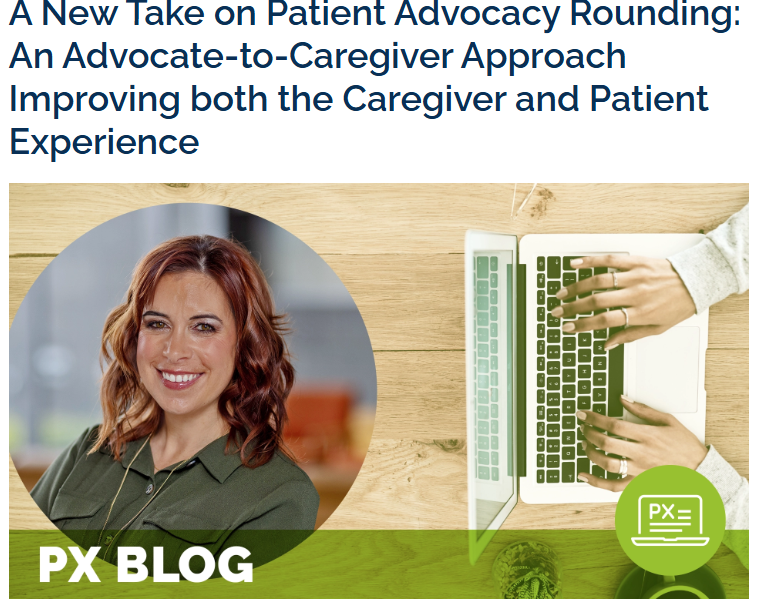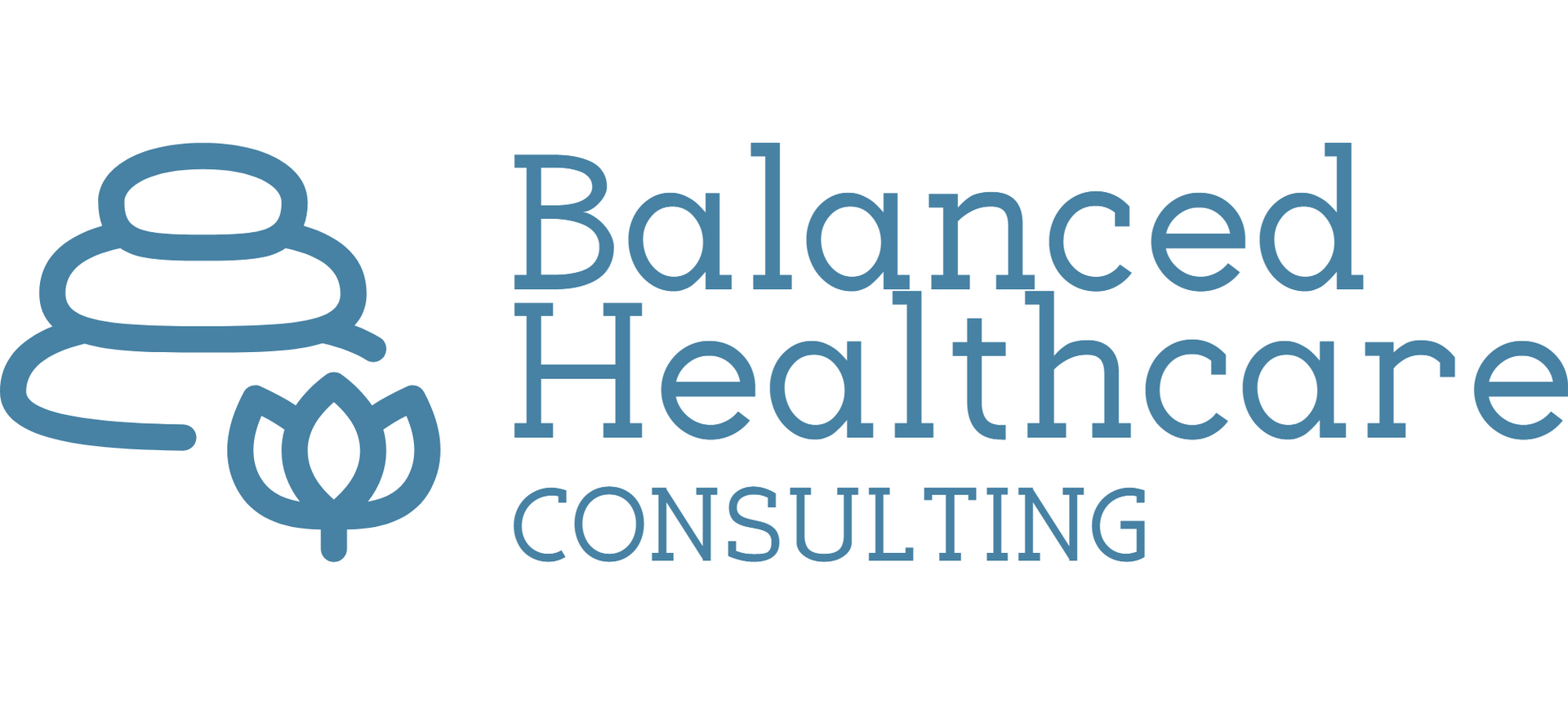This is a subtitle for your new post

Rounding is a well-established practice in healthcare, known for significantly improving patient experience scores, reducing safety incidents, and enhancing caregiver satisfaction. But how can patient advocacy teams integrate into the rounding process to benefit not only the patient experience but the caregiver experience at the same time?
Many patient advocacy teams engage in patient rounding either proactively—by visiting patients shortly after admission to ensure their stay is going well—or reactively, by addressing issues with unhappy patients. However, what if advocacy teams focused on rounding with caregivers instead?
At Intermountain Health, we developed an Advocacy-to-Caregiver/Leader Rounding Program to empower frontline caregivers and leaders to resolve issues in real-time. This approach has proven to quickly rebuild trust with patients and their families and increase caregiver satisfaction by providing the tools needed to handle escalated situations effectively.
Purposeful rounding by advocacy-to-caregiver teams allows for:
- Developing relationships and building trust with leaders and frontline caregivers.
- Identifying learning needs and sharing complaint and grievance data for quality care improvements.
- Providing expertise in advocacy-related topics.
- Empowering leaders and staff with resources, including de-escalation tools to address patient, family, or caregiver concerns promptly and effectively.
- Connecting with teams compassionately while appreciating and celebrating team successes.
Advocates at each hospital plan quarterly rounds on specific units, coordinating with unit leaders. Preparation for rounding includes reviewing the complaint and grievance dashboard in the Event Management System (EMS). This helps identify trends and common themes from the previous quarter, to ensure meaningful discussions with caregivers.
Before rounding begins, advocates take time to consider the unit’s needs:
- Are there specific goals I need to accomplish, such as sharing new guidelines or resources?
- Are there concerning trends in the EMS or patient experience data?
- Are there follow-up items from last quarter?
After each rounding session, the advocacy team follows up with unit leaders to provide additional resources based on the conversations held. They also plan any necessary follow-up sessions before the next quarter, such as teaching units how to use the EMS to identify trends or discussing de-escalation strategies.
Patient advocates have highlighted the numerous new connections and relationships formed with frontline staff since the initiation of rounding. Meeting with care teams to offer support versus contacting them to share a patient concern has been refreshing for all teams. Gaining new perspectives and insights about various departments has helped frontline caregivers and leaders, as well as the advocates, better understand the reasons behind some patient concerns.
The advocates noted that most caregivers were very eager to learn, share information, and establish connections. Leaders and staff were excited to learn about resources they had previously been unaware of. With the ability of our EMS to capture the number of patient complaints that frontline caregivers resolve in the moment, one hospital saw a 36% increase in the number of complaints resolved by caregivers in the moment after the initiation of advocacy rounding.
Implementation of proactive advocacy rounding with care teams has been a win for patients, advocates and care teams. Patients feel listened to, cross-team relationships have been built, and staff have tools and resources to improve the experience of our patients.
